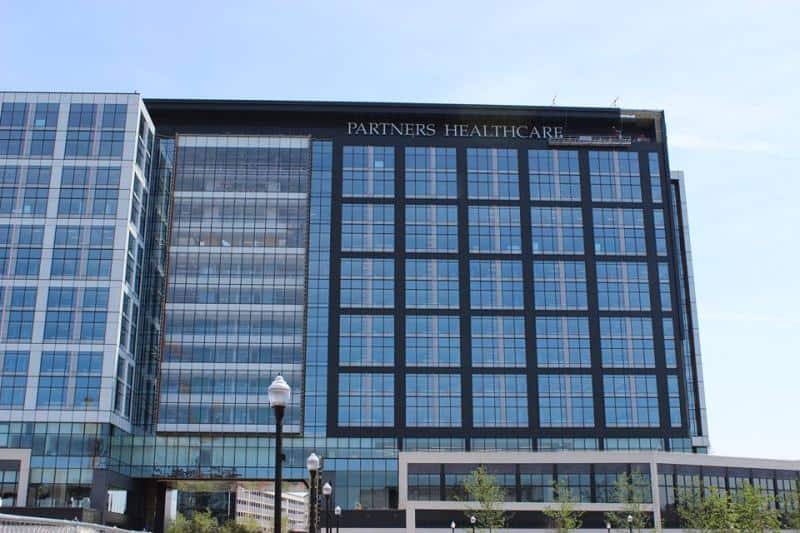Over the years, JM Electrical is proud to have contributed to projects at some of Boston’s leading healthcare institutions. Even before last year’s devastating pandemic and public health crisis, these institutions have been a critical part of the region’s DNA. Still, COVID-19 highlighted both the vulnerability of our system and our region’s inherent resilience and spirit of innovation.
It has been more than a year since the World Health Organization officially declared the COVID-19 outbreak a pandemic. And for Greater Boston, like many regions around the state and across the country, this crisis had a massive impact on the healthcare industry. This unprecedented situation accelerated transformations, specifically around design, to address the healthcare sector’s emergency response systems while continuing to treat the local population. The pandemic heightened existing insufficiencies and inefficiencies ranging from inadequate capacity to equity and access to quality of care.
But this moment in time also accelerated innovation such as telehealth, and sparked improvements by upgrading ventilation systems and sanitation practices. Infection prevention and control have always been a key priority in modern healthcare, but the nature of COVID-19 required rethinking how hospital workers are protected and, more broadly, how hospital environments are engineered. The distribution of personal protective equipment (PPE) to frontline healthcare workers and new techniques to sterilize equipment did immeasurable good. By enhancing facilities’ key infrastructure, many hospitals were able to prioritize the need for infection control and introduce better protocols for sterilization.
Meanwhile, COVID-19 also reaffirmed Kendall Square’s reputation as a hub of innovation, with Moderna joining biotech neighbors Pfizer and BioNTech in the race to develop a safe and effective vaccine. When the outbreak began, these teams reprioritized new research, while at the same time shifting to more patient centricity, digital interactions, and workforce agility. Energy reliability is essential to keep medical research labs operating without costly disruptions, with facilities requiring innovative technology to handle their complicated energy, HVAC, and heightened air purification needs.
From Massachusetts General Brigham and Harvard Medical School to some of the region’s leading biotech and life science companies, our expert professionals understand the challenges associated with working in complex medical environments. This includes operating in sterile environments, the impact of noise and other disruptions on staff and patients, and negotiating often complex logistics.
When it comes to hospital settings, scheduling and coordination are deeply important in order to minimize disruption for patients and hospital faculty and staff. For contractors, coordinating complex logistics around a construction site, a thorough understanding of hospital procedures is critical. This includes utilizing a Hepa-cart system to minimize dust and debris.
And finally, automation systems control temperature and humidity levels while simultaneously moving large amounts of air throughout lab space spanning research facilities across the region. These systems are crucial in maintaining an environment that meets clinical, research and regulatory requirements to preserve the sensitive nature of the vital work underway at hospitals, labs, and research centers.
By adhering to a complex set of criteria, driven by these institutions’ commitment to healing and innovation, we have been fortunate to play a small role in the success of the research and healthcare sectors. And as the last year has underscored, a world-class medical and research hub benefits not simply the local economy or the individual health needs of area families but can rise to the occasion and tackle some of humanity’s greatest threats.
